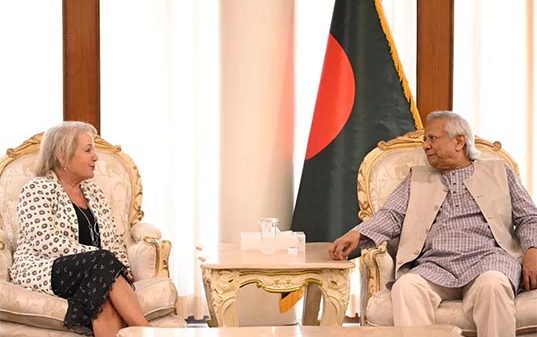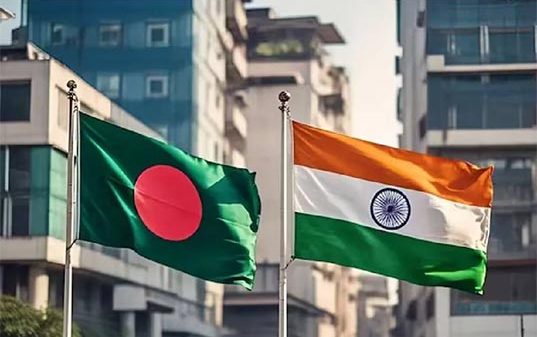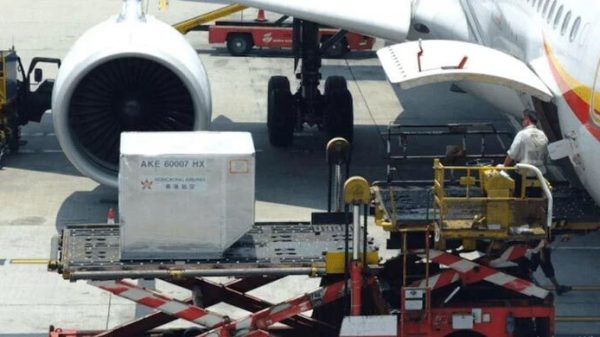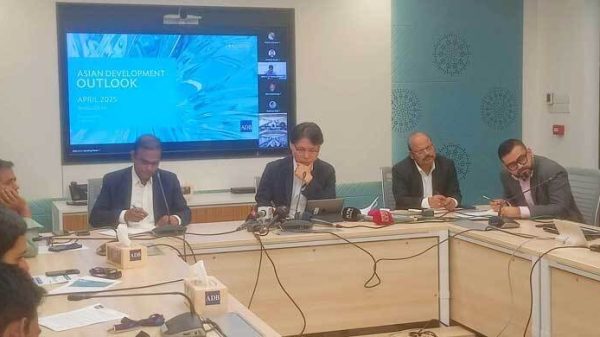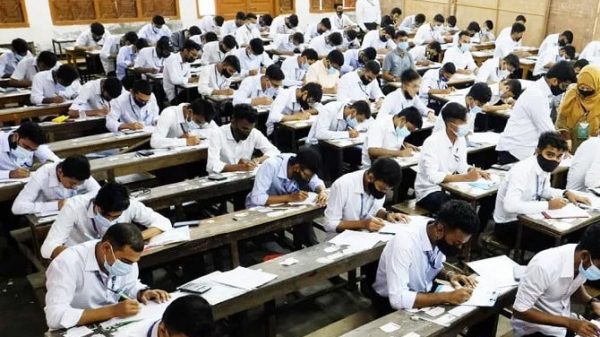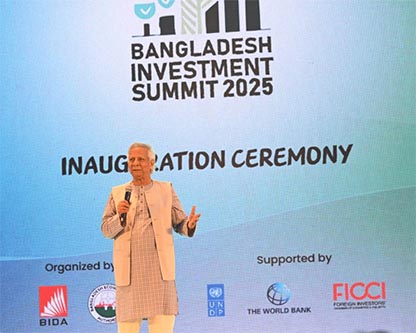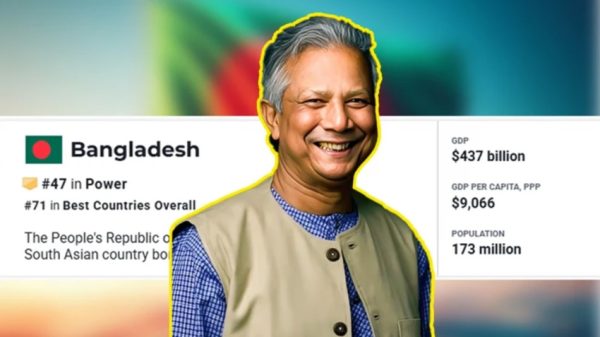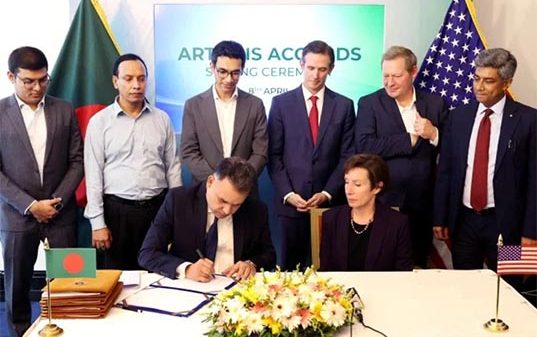IMF mission unimpressed with NBR’s collection plan

- Update Time : Saturday, 7 October, 2023, 03:36 pm
- 119 Time View
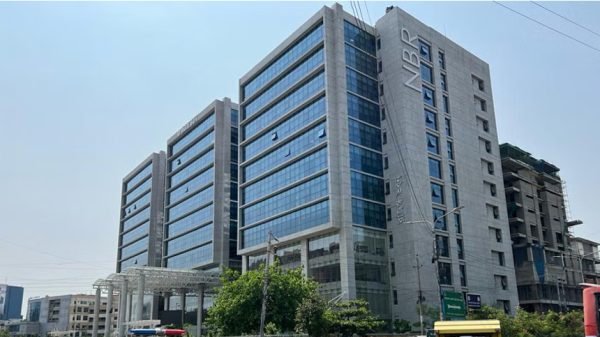
Online Desk: The visiting mission from the International Monetary Fund was not fully convinced with the plans laid out by the National Board of Revenue on accelerating the tax collection to raise the tax-to GDP ratio by 0.5 percentage points in the current fiscal year.
At a meeting at the NBR headquarters in Dhaka on Thursday, officials of three wings of the NBR — income tax, customs and value-added tax (VAT) — shared the measures initiated to attain the revenue collection target in line with IMF’s condition attached with the $4.7 billion loan extended to the government in January. This includes collection of arrears of customs and income taxes, hikes of import tariffs against items such as cashew nut and fragrant rice, restructuring of taxation of cigarettes, removal of exemption of VAT on mobile phones, polypropylene staple fibers, ballpoint pens, software and LPG cylinders, and imposition of taxes on tobacco products.
Taxmen cited the hike in rates of taxes on land registration, travel, tobacco and environmental surcharges and the minimum tax will expand the tax net. In response, the delegation of the multilateral agency did not agree that the plan on the collection of arrears will ensure sustained revenue receipts. They inquired about the structural measures that the NBR is taking to boost revenue collection and increase the tax-to-GDP ratio, one of the lowest in the world.
The mission sought quarter-wise breakdowns of revenue collection plans and wanted to know about the steps on how the revenue will be collected, said officials. As such, the IMF officials are expected to meet the officials of the three wings of the NBR this week to know about the revenue collection strategy in a bid to enable the tax administration to hit the year-wise revenue targets attached to the loan.
The IMF had set a target for the NBR to collect a minimum of Tk 345,630 crore in tax in 2022-23. This was one of the six quantitative targets attached for the first half of 2023 by the IMF for the authorization of the second instalment of the loan. The NBR logged Tk 325,272 crore in FY23, according to its provisional data.
In response, finance ministry officials said that while the revenue collection fell short of the IMF’s floor, it was within touching distance. Tax collection grew 8 percent in the last fiscal year, which was almost half of the 14 percent growth the NBR achieved the previous year. At the Thursday’s meeting, the IMF team also wanted to know the status of the report on the direct tax expenditure, which includes rebates, discounts, exemptions and reduced rates of taxes. Officials said the tax administration plans to finalize the report soon. Taxmen, in response to the query regarding the status of the mid- and long-term revenue collection strategy, said they would finalize the strategy within two to three months.
Meeting with CPTU
The IMF mission also sat with the officials of the Central Procurement Technical Unit (CPTU). The Unit briefed the officials about the sustainable Public Procurement Policy. It came when IMF officials met with Mohammed Shoheler Rahman Chowdhury, director-general of the CPTU, at the latter’s office in the capital. In the meeting, the CPTU informed the mission that the policy has been sent to the cabinet division for approval. The lender also wanted to know whether the authority took proper consultation from stakeholders and published it on the website to receive feedback from the public.
In response, the CPTU conveyed that the policy was finalized after getting the opinions and consultation. Thanks to the new policy, green procurement will be promoted in the upcoming years. The policy paper has been prepared to ensure that the $25 billion that Bangladesh spends annually on public procurement “achieves value for money on a whole life basis in terms of generating benefits not only to the organization but also to society and the economy whilst minimizing damage to the environment”. The policy would be piloted in the procurement of paper and paper products, office supplies, computer and other electronic equipment and supplies, office and other furniture or related wooden appliances, vehicles and other transportation equipment, food services and catering, hotel materials like towels and bed covers, and official paper-made publications.

